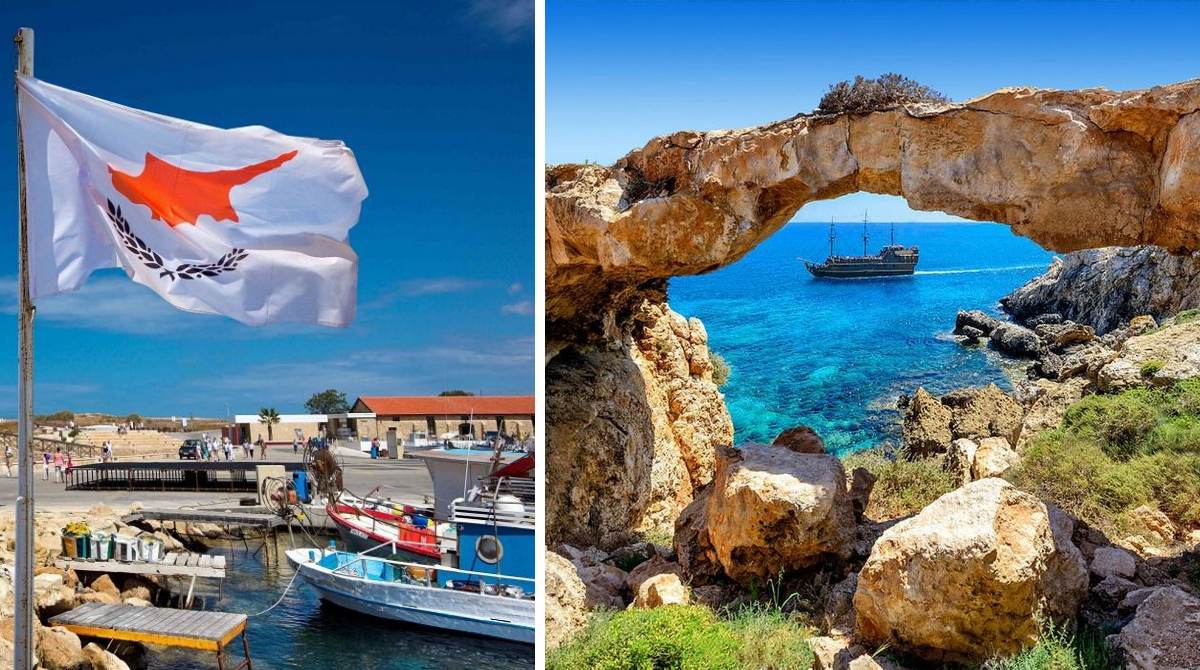Due to the shortage of Russian tourists, three- and four-star hotels in Cyprus are forced to reduce their prices, since they were the most in-demand among Russians when direct flights between the countries were available. With discounted prices, hoteliers are trying to attract the attention of other foreign vacationers, who are supposed to replace traffic from the Russian Federation, Cyprus Mail reported concerning data from the travel analysis site Mabrian.
Moreover, despite the best performance in terms of total tourists compared to the last two years under the pandemic cap, Cyprus registered an 11 percent decrease in air traffic. According to information published by a service specializing in tourist data, the average price of a standard double room in Cyprus in a three-star hotel is 80 euros (2,900 hryvnias), which is 5 percent less than last summer.
Prices for four-star hotels on the resort island fell even lower – by 15%. The average price of a double room per night was 146 euros (5,200 hryvnias). At the same time, the price tag for five-star hotels remained relatively unchanged – a decrease of only 2 percent was recorded (228 euros, i.e. 8,200 hryvnias).
Greece and Romania
As you know, if something has gone away, it means that it has arrived somewhere. Greece remains the most popular summer destination this year, with 16.5 million international flights booked between June 1 and August 31, representing an 11 percent increase in air travel. Hotel prices in Greece increased by 5 percent for three-star hotels, by 2 percent for four-star hotels, and by 11 percent for five-star hotels. Romania followed Greece with six percent growth, ranking higher than traditionally popular destinations such as Croatia and Spain.
Flight cancellations in Cyprus caused by airline layoffs and rising fuel prices have forced almost all hotels on the island to lower their rates. However, Greece was less affected by the tourist chaos. Despite the bleak outlook and the loss of the key Russian market, hoteliers in Cyprus remain optimistic, calling the reduced tourist flow to the island a positive thing, “especially compared to the last two years”.
Last week, Marios Poliviou, secretary of the Larnaca branch of hotelier association Pasyxe, said bookings for late September and early October – along with occupancy rates – were so far satisfactory given the circumstances. The main donors for Cyprus are now Great Britain, Germany, Austria, Poland, Hungary, and Romania. Poliviu also noted the increase in the number of tourists from Israel. “This year, there is an increase in arrivals from Israel for Cyprus in general, but also for Larnaca in particular,” said a representative of hoteliers. According to him, if the situation with hotel reservations remains at the same level in the future, then “tourism will be good.”
As for the delays at major European airports, Polivio lamented that this affects the tourist flow in general. Impending inconvenience and uncertainty worsen the climate and influence the decision of tourists to travel or not.

